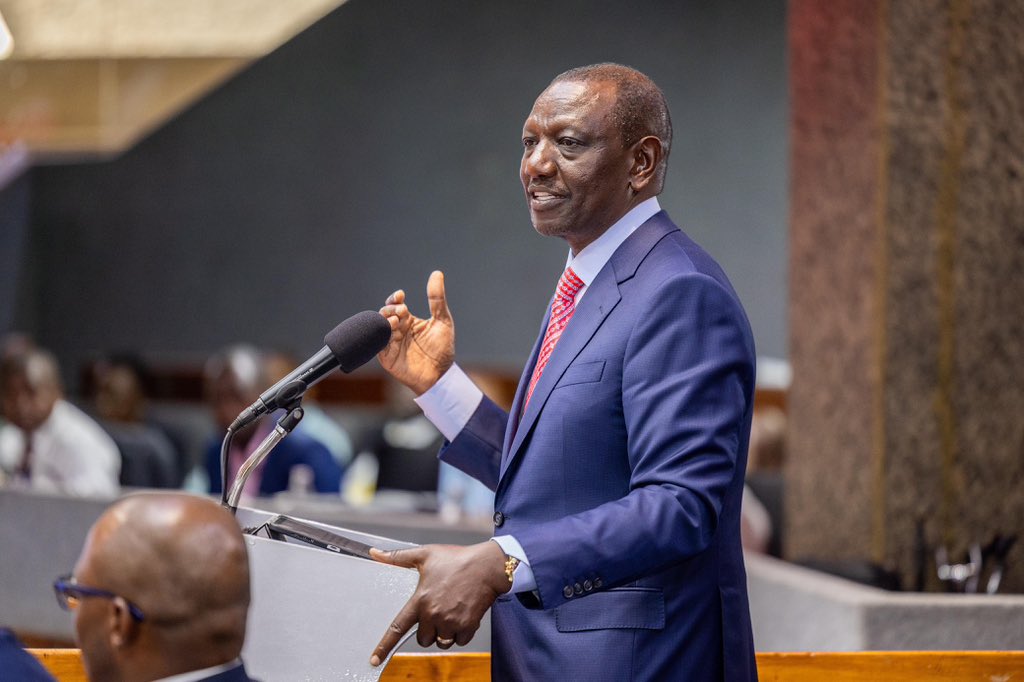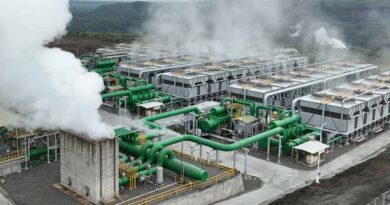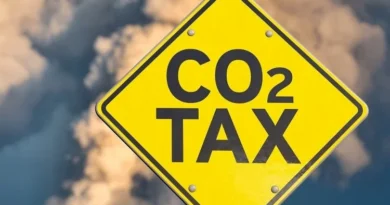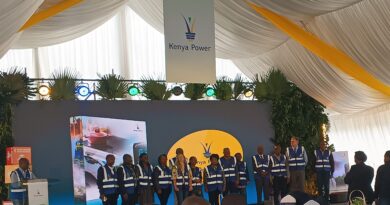Kenya delays IMF-backed carbon tax over Gen-Z protests

The Kenyan government has delayed the implementation of a carbon tax backed by the International Monetary Fund (IMF) over protests by the youth against increased taxation.
One of the targets that the IMF had set for its seventh review of its multi-billion-shilling loan deal with Kenya was for the National Treasury to introduce, with the approval of Parliament, a carbon tax on fuel as part of climate change mitigation goals.
The IMF has revealed that the introduction of the tax was postponed by the President William Ruto administration due to strong public opposition from the public, particularly young Kenyans referred to as Generation Z (Gen-Z).
The youth-led protests shook the country in June and July, forcing President Ruto to withdraw the highly unpopular Finance Bill, 2024 which had proposed far-reaching tax measures seeking to collected an additional Ksh344.3 billion in tax revenue.
Introduction of carbon pricing is delayed in view of the socio-political challenges facing new revenue measures
imf
According to the IMF, the Kenyan government has said that it is exploring the feasibility of introducing the tax amid public resistance against additional taxes and that the process needs critical engagement with stakeholders.
The carbon mitigations measures are some of the conditions that Kenya agreed to in order to receive additional funding from the IMF through its Resilience and Sustainability Fund (RSF).
The RSF arrangement, which was approved by the IMF in July 2023, aims to reinforce Kenya’s strong efforts to address climate-related challenges and catalyze further private climate finance.
For the RSF arrangement, the IMF has committed to loan Kenya $541.3 million (Ksh69.8 billion), out of which it has so far disbursed $180.4 million (Ksh23.2 billion).
Implementation of the carbon tax will need to be complemented with a strengthened social safety net to protect the most vulnerable. On the latter, the World Bank is taking the lead
imf
The introduction of a carbon tax on fuel will be met by further public anger, and would come at a time when fuel is already one of the most heavily taxed products in the country.
There are currently nine taxes that are charged on fuel, making the product the costliest in the region.
Over the last one year alone, the government has doubled Value Added Tax (VAT) on fuel to 16% from 8%, tripled the petroleum regulatory levy to Ksh0.75 per liter from Ksh0.25 and increased the Road Maintenance Levy to Ksh25 per liter from Ksh18.
info@theenergyreview.com
Discover more from THE ENERGY REVIEW
Subscribe to get the latest posts sent to your email.


